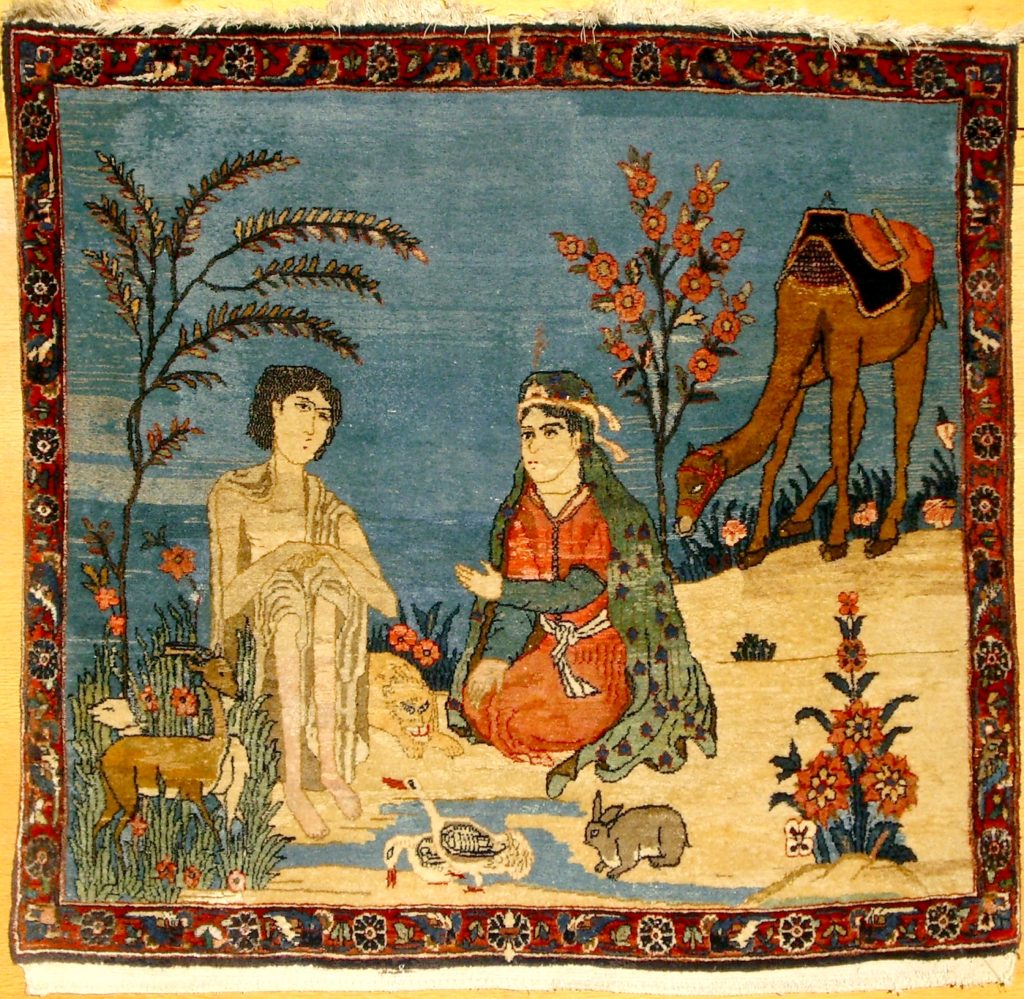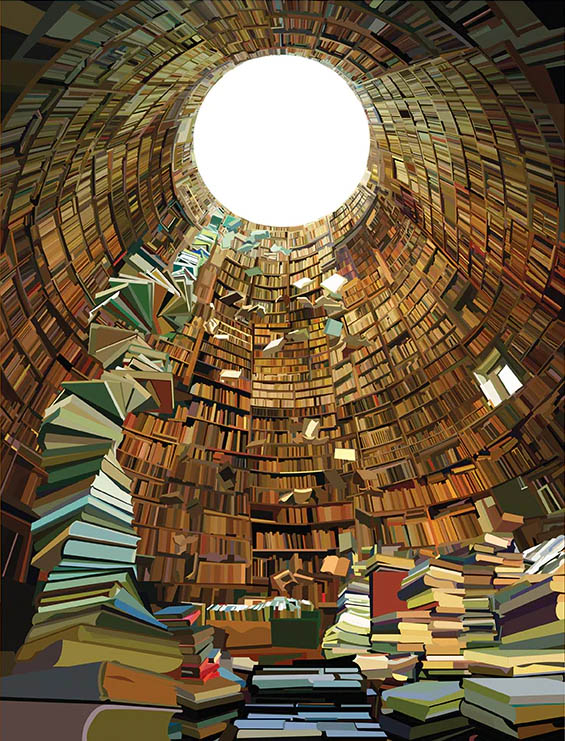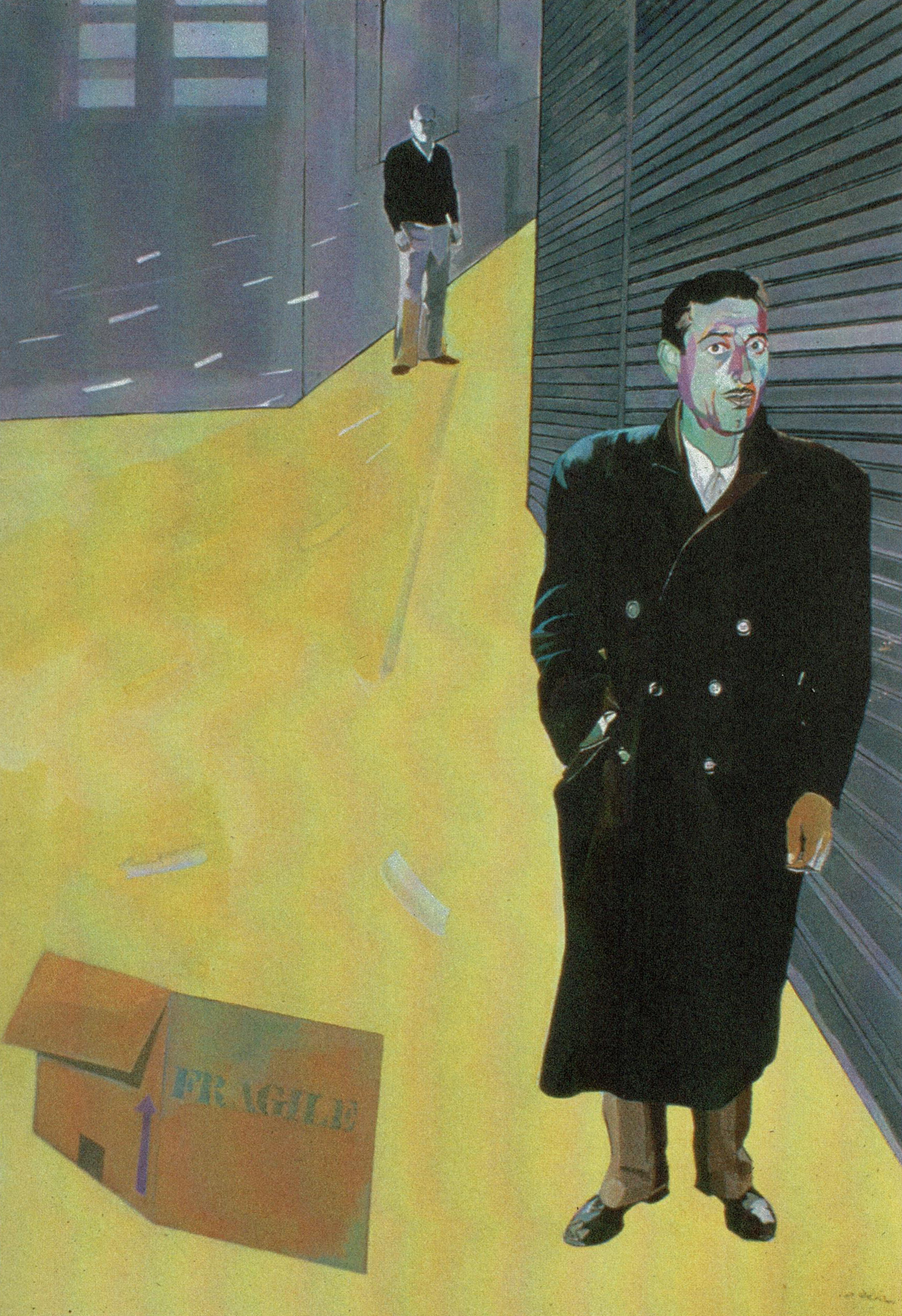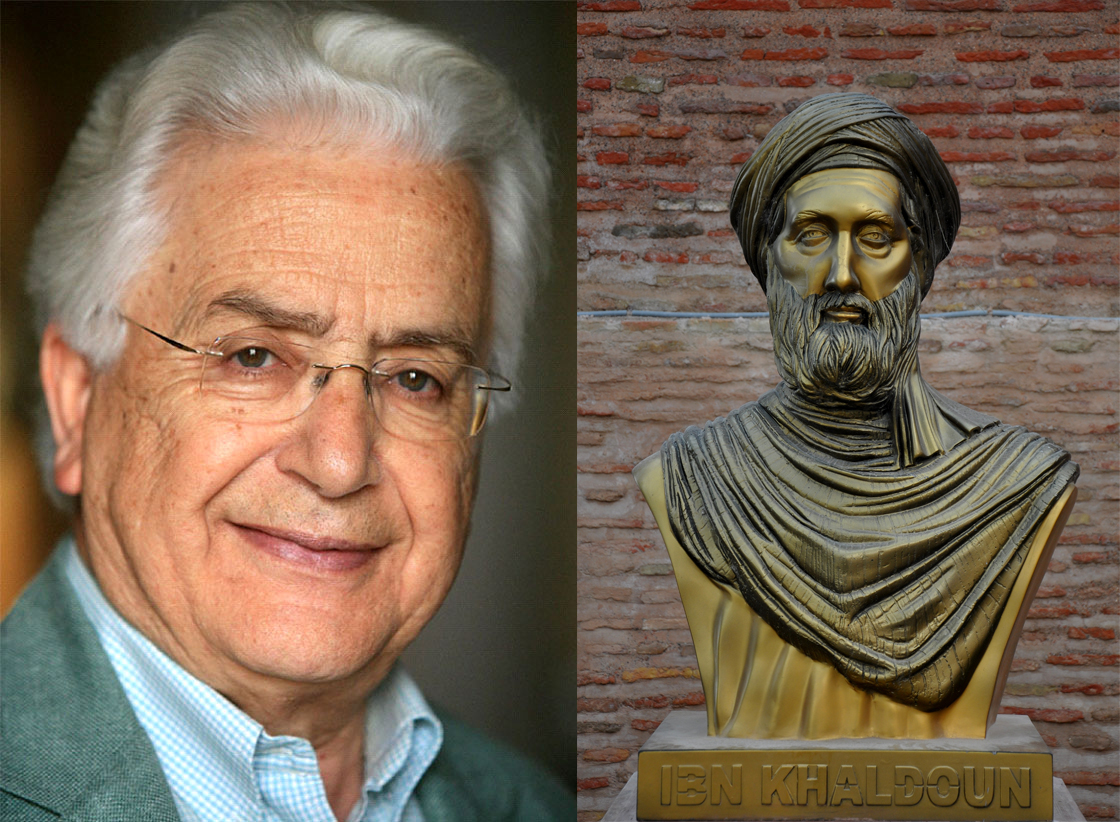Essays and Features
Algerian Identity 60 Years After Independence: Reclaiming Memory and Sovereignty Over Language Amid Lingering French Tensions
Growing Dysfunction of Arab Societies Parallels Rise in Violence Against Women
Gender-based violence is not a new phenomenon in the Arab world. Attacks against women have been on the rise for years. One might recall the attacks on female social media influencers in 2018, leading to the deaths of former Miss Baghdad Tara Fares, beauticians Rasha al-Hassan and Rafif al-Yasiri, and the human rights activist Suad al-Ali.
Riddles: A Living Part of Arab Folklore
Looking at Reading Rates Beyond Bogus Statistics
Yes, Arabs Read! But How Much?
Mona al-Saudi (1945-2022): The Sculptor Who Befriended Stone and Challenged Traditions
Multiple Pressures From State Repression, Fundamentalist Retribution, Cultural Critiques and Competition From Global Media Choking Off The Voice Of The Arab Intellectual
Many definitions of Arab intellectuals are rooted in the idealistic tradition that glorifies them as guardians of values and ethics, as figures closer to “angels” and “faqihs,” who stand above politics and power struggles and enjoy a monopoly over the authority of knowledge. These notions reflect social illusions and popular perceptions of the time when intellectuals were considered part of a sacred class.
Letter from Beirut: Corruption, War Denials, and Distorted History Lessons
A Book Fair Writes an Old Story: How a Poster — And Regional Politics — Sank Effort to Invigorate Lebanon’s Publishing Industry
Book publishers, journalists, authors, and cultural activists received a large blow earlier this month. The anticipated return of the Beirut International and Arab Book Fair was met with disappointment and anger as violence broke out over Hezbollah’s presence through some publishing houses, which many argued overshadowed the spirit of the event. For over half a century, the book fair has held a celebrated place in Lebanon’s culture.










